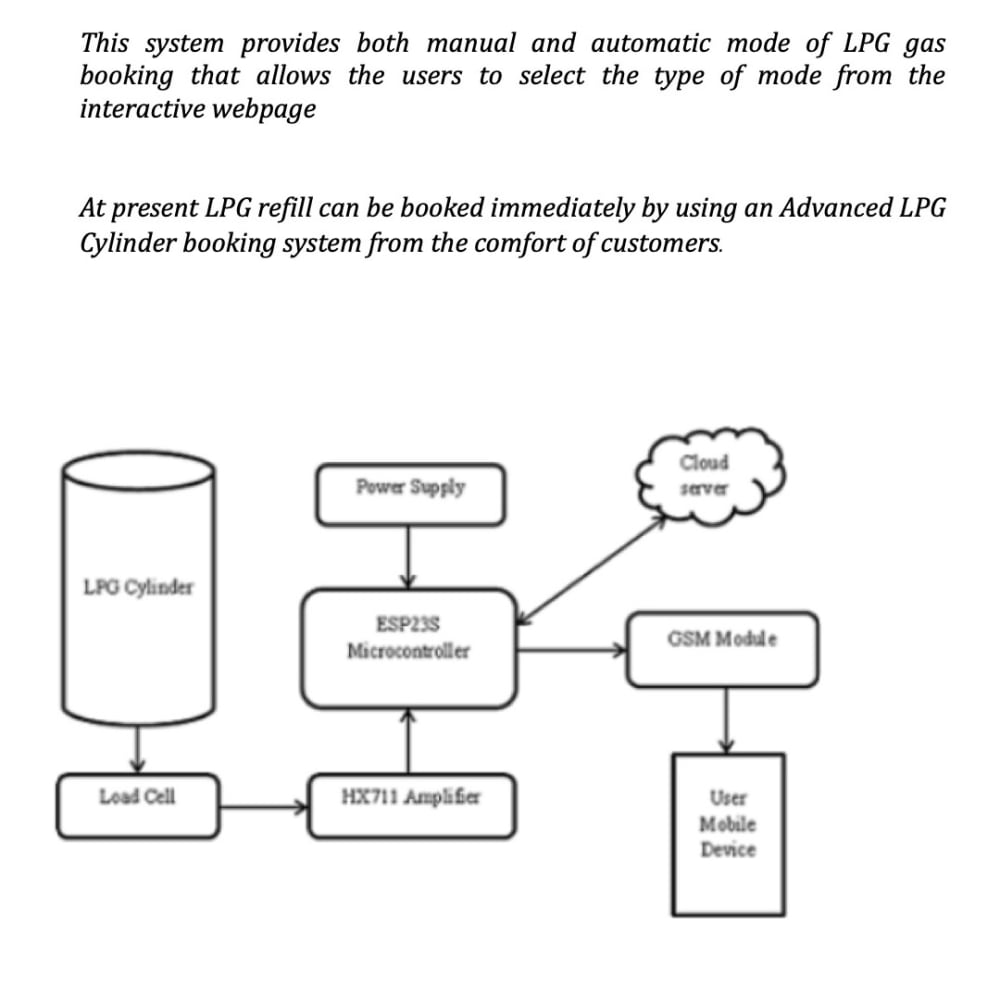The management of home utilities is one major area of innovation brought about by the advent of smart technology, which has revolutionized many aspects of daily life. For both suppliers and customers, smart LPG gas monitoring and automated booking systems are a huge step forward in terms of efficiency, convenience, and safety.
System of Monitoring
Liquefied petroleum gas (LPG) management techniques that rely on manual cylinder level checks can be cumbersome and unreliable. IoT (Internet of Things) technology is used by smart monitoring systems to deliver real-time data on the gas level inside the cylinder. This information is wirelessly transferred to a central system or an app on the user's smartphone, providing real-time updates on the gas mileage. In addition to preventing unanticipated gas shortages, this feature enables users to strategically schedule their refills, lowering the possibility of running out of gas at crucial moments.
Automated Reservation
An automated booking feature is integrated into the monitoring system. The smart system automatically makes a reservation with the gas supplier when it senses that the gas level has fallen below a set threshold. Customers no longer have to manually place orders or make phone calls, which streamlines the procedure and guarantees timely refills. Additionally, delivery schedules and availability can be programmed into automatic booking systems to maximize efficiency for suppliers and customers.
Warning System
Another essential element of intelligent LPG gas management is an alert system. When a booking request is made, when the delivery is scheduled or completed, and when the gas level is low, users receive notifications via SMS or app. By keeping customers informed and ready, these alerts enable them to keep a careful eye on their gas consumption and predict when refills are necessary. Furthermore, alerts can improve general safety standards in LPG-using households by acting as a reminder for regular maintenance .
Advantages Convenience: Since the system takes care of these duties automatically, users don't need to manually check gas levels or remember to place orders.
Efficiency: Automatic scheduling guarantees prompt refills, lowering the possibility of gas supply interruptions and causing inconvenience to the household.
Safety: By preventing situations where gas might unexpectedly run out, potentially causing inconvenience or safety hazards, continuous monitoring and alerts help to promote safer usage.
Cost-effectiveness: Smart systems can assist in managing the expenses related to LPG consumption by minimizing emergency deliveries and optimizing gas usage.
Implementation Difficulties
Smart LPG systems have many advantages, but putting them into practice may be difficult due to things like upfront setup costs, incompatibilities with current infrastructure, and security and privacy concerns. Strong preparation, cooperation between gas suppliers and technology providers, and observance of industry norms and regulations are necessary to overcome these obstacles.
Upcoming prospects
Because of the developments in IoT, data analytics the future of smart LPG systems appears bright. By integrating with smart home platforms for smooth automation or providing predictive maintenance based on usage patterns, these technologies can further improve system capabilities.
Like this entry?
-
About the Entrant
- Name:Gowtham M
- Type of entry:individual


